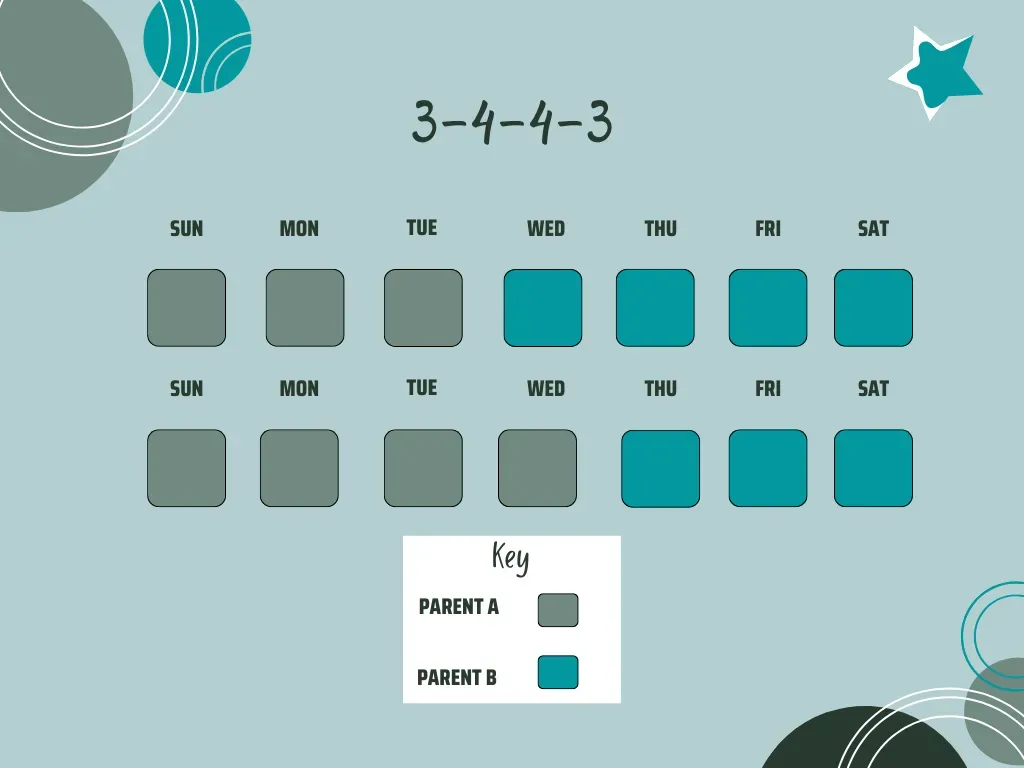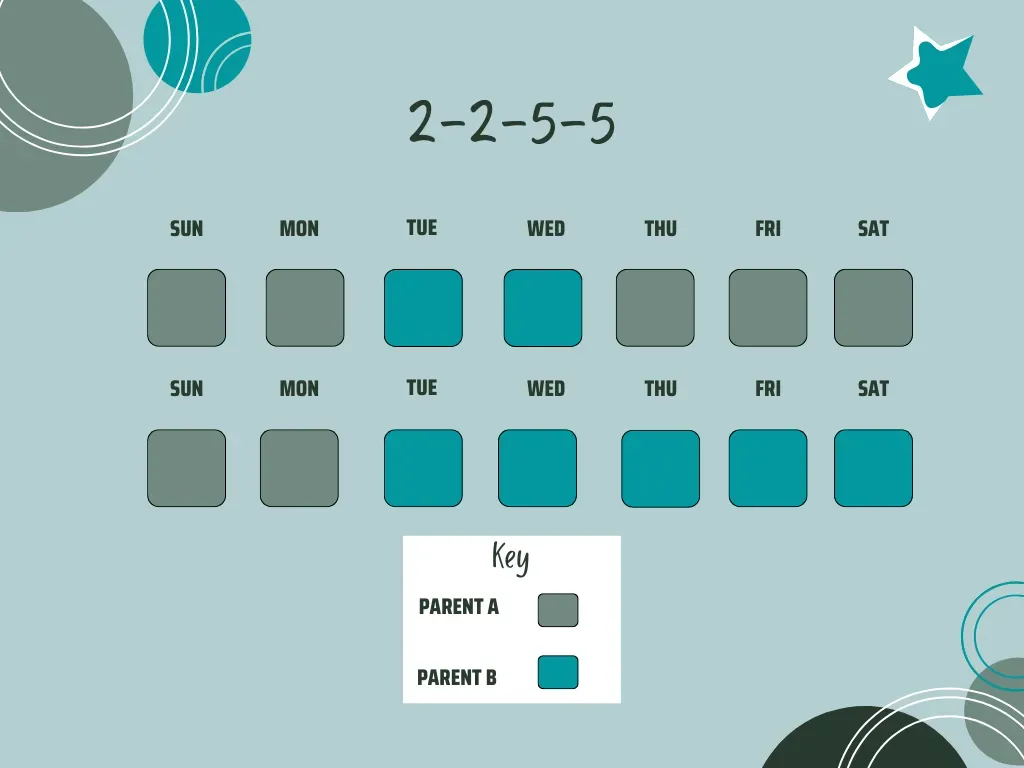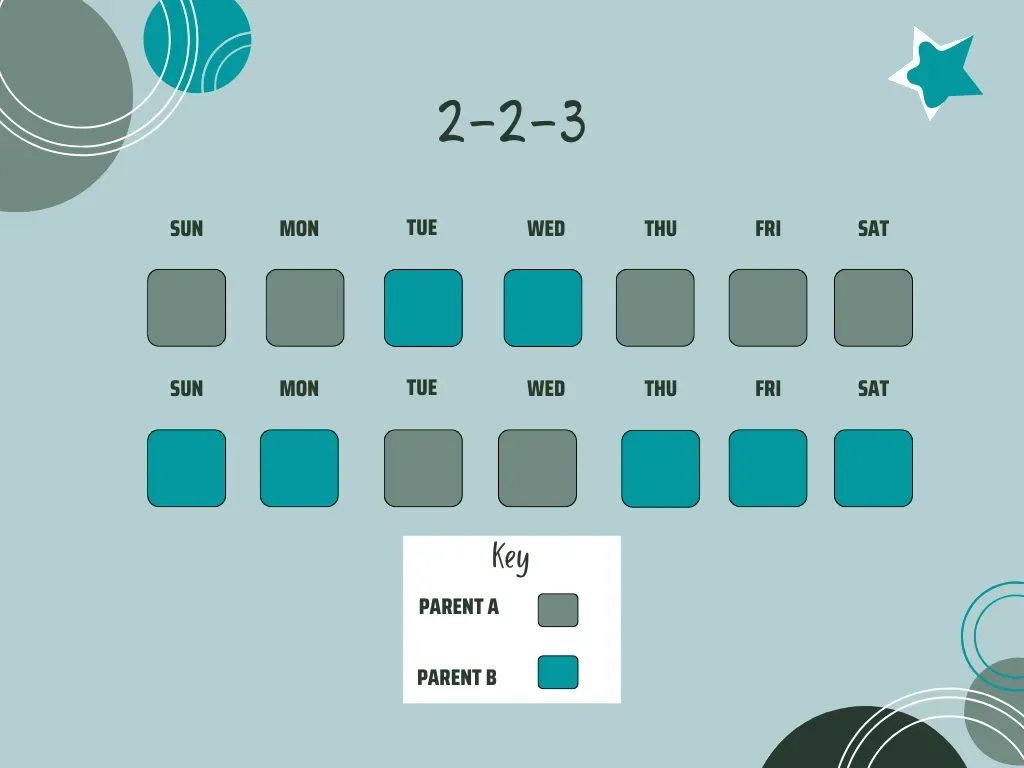50/50 Time-Sharing – Breaking It Down
Divorce, separation, and/or a breakup is hard enough on parties emotionally, mentally, and physically, but when you throw children into the mix, it only gets more complicated.
A big issue to tackle during any Divorce or Child Custody/Support matters is time-sharing. The Florida Courts utilize the word time-sharing, instead of using “custody.” However, time-sharing is the amount of time that the child, or children, are spending with each parent.
Recently, there has been a push towards normalizing parents sharing 50/50 time-sharing with their children. In fact, there has been a trend towards creating a rebuttable presumption that 50/50 time-sharing is in children’s best interests. What does this mean? Although this “rebuttable presumption” has not yet been codified by the Florida Legislature, generally speaking, Courts are leaning more towards both parents spending equal amounts of time with their parents.
A customary version of 50/50 time-sharing is the “one week on, one week off” schedule. However, there are many other variations of 50/50 that have become popular for parents who believe that seven days is just too long to go without seeing their children. Below are some of the common 50/50 timesharing arrangements that stray from one week on, one week off.
The 3-4-4-3 Schedule
A 3-4-4-3 schedule has your child spend 3 overnights with Parent A, then 4 overnights with Parent B. The child then spends 4 overnights with the Parent A in week two, then 3 overnights with Parent B. The schedule then restarts. It looks something like this:

Pros: Typically, parents will have three days that remain consistent at their respective homes. Parents often like this schedule because the children know they will spend x, y, and z days at Parent A’s house, and a, b, and c days at Parent B’s house. The child(ren) spend significant amounts of time with both parents, and neither parent goes very long without seeing the children.
Cons: Depending on the Parent’s “flip” day, Parent’s may not get a full weekend with the children, or one Parent may have the child(ren) every weekend. The child(ren) also experience exchange in the middle of the school week, and parents must maintain good communication regarding school work.
The 2-2-5-5 Schedule
A 2-2-5-5 Schedule has your child spend 2 overnights with Parent A followed by 2 overnights with Parent B. The child then spends 5 overnights with Parent A, followed by 5 overnights with Parent B. The schedule then restarts. It looks something like this:

Pros: Similar to the 3-4-4-3, the child(ren) are consistently at the same home for two specific days. So children are at Parent A’s home each week on a, and b days, and with Parent B on y, and z days. Typically, this schedule allows parents to alternate having an entire weekend with the child(ren).
Cons: The 2-2 schedule means there are more frequent exchanges between the parents. These frequent exchanges may make it difficult for children to adapt. Depending on the “flip” day, one parent may have the child(ren) every weekend.
The 2-2-3 Schedule
The 2-2-3 schedule has the child(ren) spending 2 days with Parent A, then 2 days with Parent B, then 3 days with Parent A. The following week, it switches, spending 2 days with Parent B, then 2 days with Parent A, and 3 days with Parent B thereafter. This schedule looks like this:

Pros: The child(ren) spend time with both parents, and don’t go very long without seeing either parent. The schedule is easy to implement and allows parents to alternate weekends.
Cons:
There are frequent exchanges, which may make it difficult for child(ren) to adapt to living in two households. Parents must maintain good communication to stay on top of schoolwork and extra-curricular activities due to frequent exchanges.











